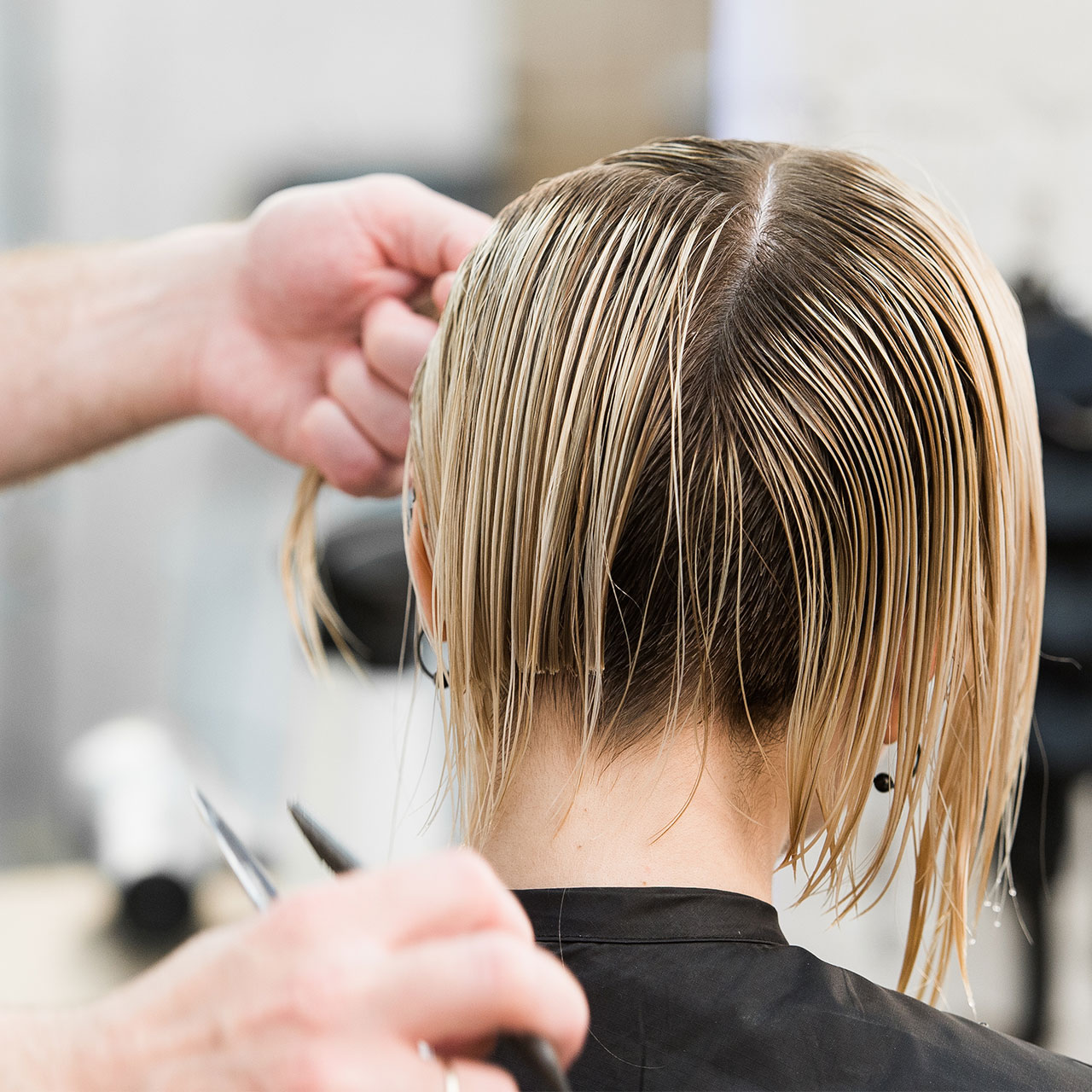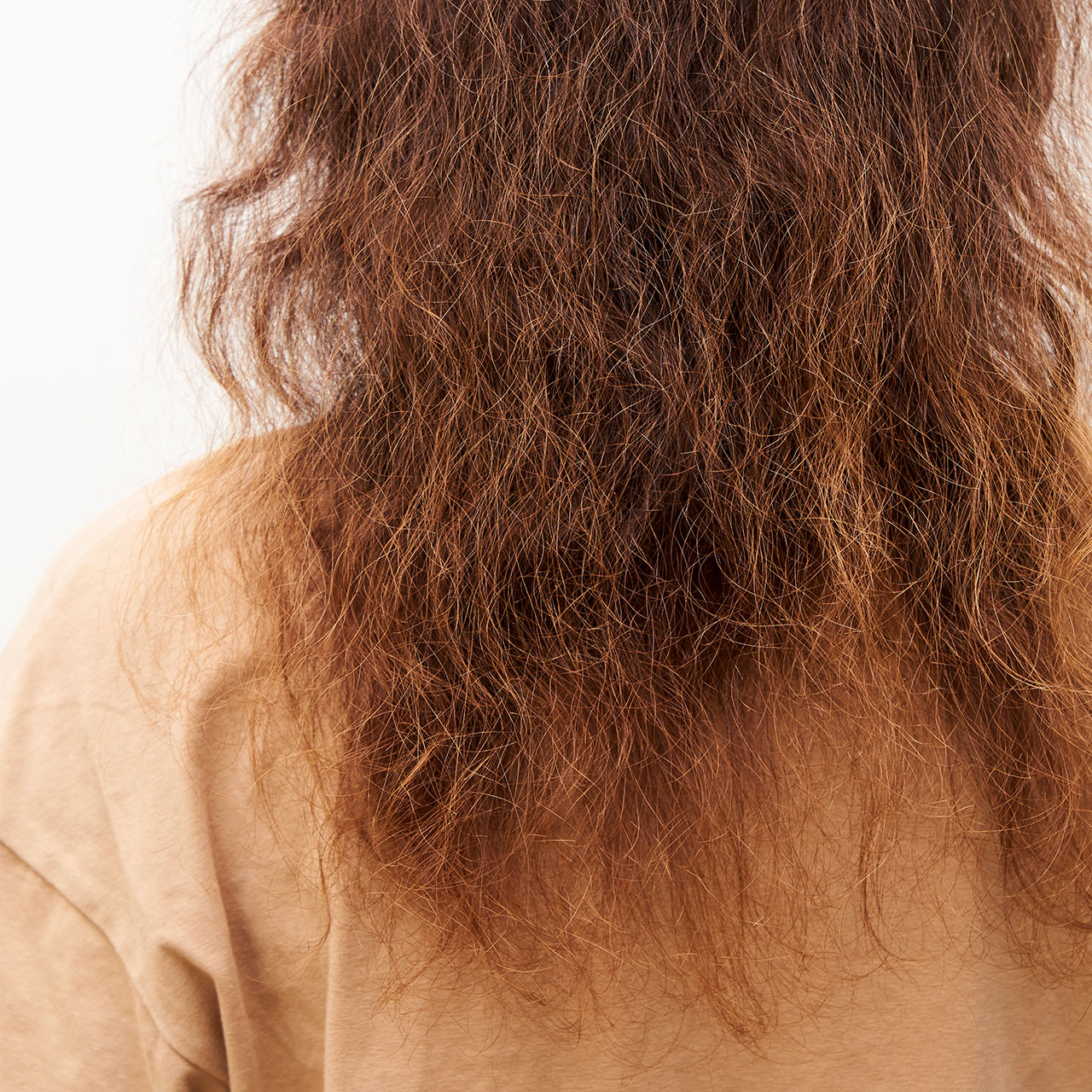What is the best way to charge your iPhone so that your battery stands the test of time? This is a question that we’re asking ourselves more and more these days as we realize there is a strong connection between good charging habits and a phone that has longevity.
It’s easy to think charging is all the same — and that the cables and chargers you use don’t matter one bit. But nothing could be farther from the truth.
According to Tech Expert Dion Schuddeboom, these are the best and worst chargers for your phone.

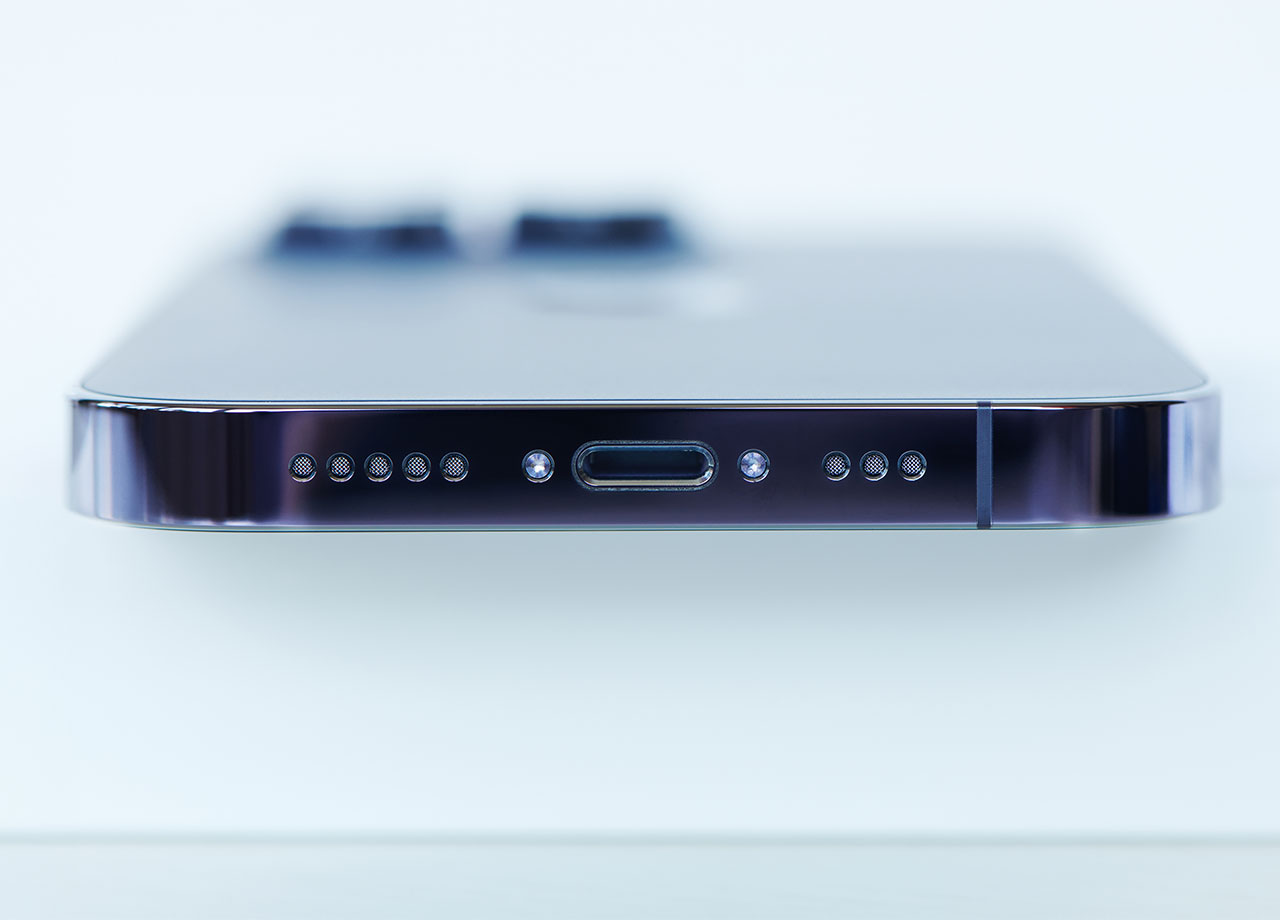
1. Fast Versus Slow Chargers
When you’re deciding which type of charger to use, pay attention to the wattage that each provides, as well as the wattage that your specific iPhone model requires for charging (for example, the iPhone 14 /14 Plus can charge at up to 20 watts). A faster charger will have higher watts, which generates more heat; a slower charger will generate less heat. If you’re searching for an everyday charger that will match your phone’s needs, it makes sense to go with a slower charger that won’t generate too much heat (which can cause battery degradation). But Schuddeboom also makes a case for why you may want to have a fast charger handy, as well. If you’re at an airport, let’s say, and have just 10 minutes to power up your device before a flight, the fast charger will serve its purpose well.
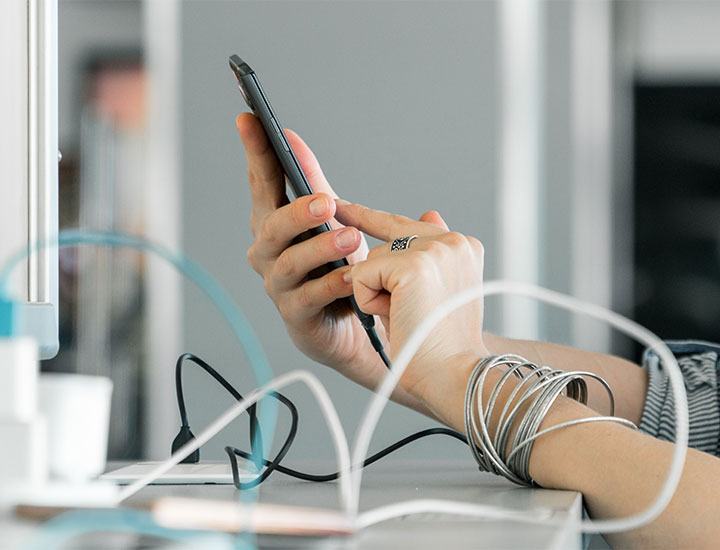
2. Wireless Versus Wired Charging
Wireless charging is slower than wired charging and produces more heat, which can affect the longevity of your battery. A wired option is better for your phone when you’re choosing the charger that you plan on using every day.
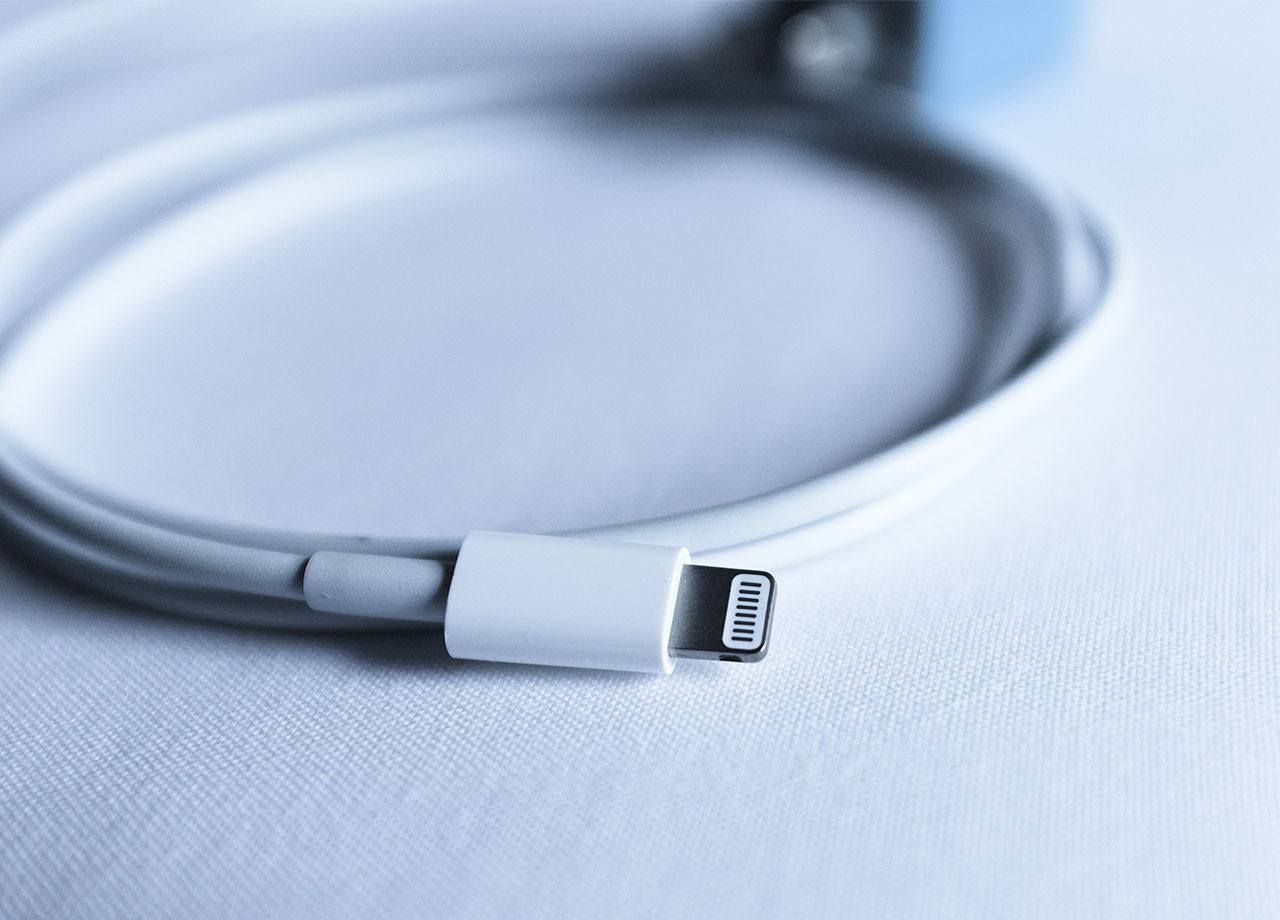
3. Apple Cables Versus Non-Apple Cables
The battle over Apple versus non-Apple cables doesn’t have as black or white a solution as you might think. You don’t have to buy expensive Apple cables — but, also — you should not rely on cheap non-Apple cables, either. You can purchase cables that aren’t from Apple, but it’s very important that the cable is MFI certified. This means the cable is “made for iPhone” and contains an Apple chip that makes it safe for your phone.
Using cheap cables that are not MFI certified can cause damage to your battery and may even pose fire risks.
















